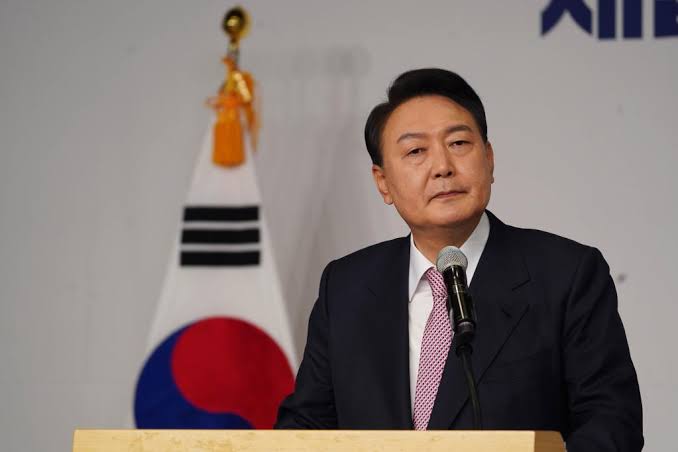
South Korea has a history of presidents embroiled in scandal, impeachment, and controversy. As President Yoon Suk Yeol faces potential impeachment following allegations of suspending civilian rule, his situation echoes the dramatic downfalls of previous South Korean leaders. Here is a summary of their turbulent histories:
2016: Park Geun-hye Impeached and Jailed
In December 2016, President Park Geun-hye, who had served since 2013, was impeached by Parliament. This decision, upheld by the Constitutional Court in March 2017, led to her indictment and imprisonment.
The daughter of dictator Park Chung-hee and the country’s first woman president, Park had styled herself as incorruptible. However, she was accused of soliciting millions of dollars from major conglomerates, including Samsung, and sharing classified documents. She also faced accusations of creating a blacklist targeting critical artists and dismissing dissenting officials.
In 2021, Park was sentenced to 20 years in prison and fined heavily. By the end of that year, she was pardoned by her successor, Moon Jae-in. Notably, Yoon Suk Yeol, now president, was a key prosecutor in her dismissal and conviction.
Lee Myung-bak: Corruption and Imprisonment
Park’s conservative predecessor, Lee Myung-bak, who served as president from 2008 to 2013, faced similar ignominy. In October 2018, he was sentenced to 15 years in prison for corruption, including accepting bribes from Samsung in exchange for favors to its then-chairman, Lee Kun-hee.
Lee was pardoned by President Yoon in December 2022.
Roh Moo-hyun: Tragedy Amidst Scandal
President Roh Moo-hyun (2003–2008), a liberal advocate for rapprochement with North Korea, died by suicide in May 2009 amidst a corruption investigation. Allegations included payments of $1 million to his wife and $5 million to a relative’s spouse from a wealthy businessman. Roh’s death shocked the nation.
1987: Chun Doo-hwan and the End of Military Rule
Chun Doo-hwan, a military leader known as the “Butcher of Gwangju” for his brutal suppression of a 1980 uprising, stepped down in 1987 after mass protests. He handed over power to his ally, Roh Tae-woo.
In 1996, both Chun and Roh were convicted of treason, corruption, and other charges. Chun initially received a death sentence, later commuted to life imprisonment, while Roh was sentenced to 17 years. Both were pardoned in 1998 after serving two years.
1979: Park Chung-hee Assassination
President Park Chung-hee, who came to power after a 1961 coup, was assassinated by his intelligence chief in October 1979 during a private dinner. The political chaos that followed paved the way for Chun Doo-hwan and Roh Tae-woo to seize power in a coup later that year.
1961: Yun Po-sun Overthrown
President Yun Po-sun, in office from 1960, was ousted in a 1961 coup led by Park Chung-hee. Park effectively controlled the government, officially becoming president in 1963 after winning an election.
1960: Syngman Rhee’s Exile
South Korea’s first president, Syngman Rhee, who had been in power since 1948, resigned in 1960 following a student-led uprising against electoral fraud. Forced into exile in Hawaii, he died there in 1965.
South Korea’s presidential history is marked by a pattern of corruption, public outcry, and, at times, violent upheaval—reminders of the challenges the nation has faced on its path to democracy.


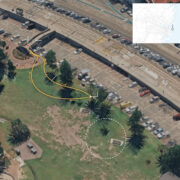

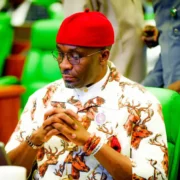
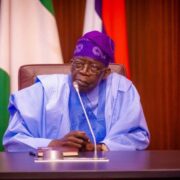
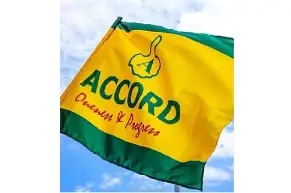


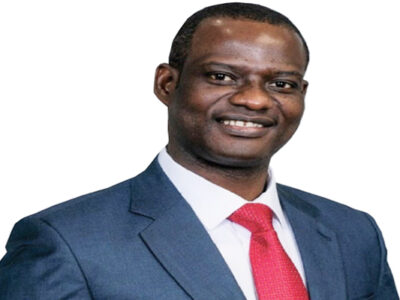









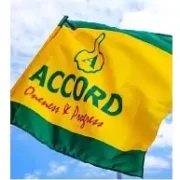
Comments